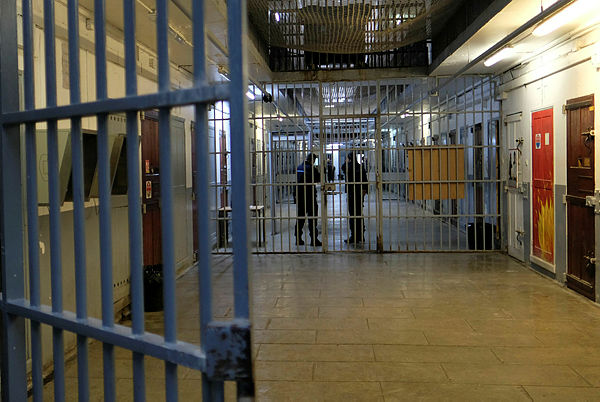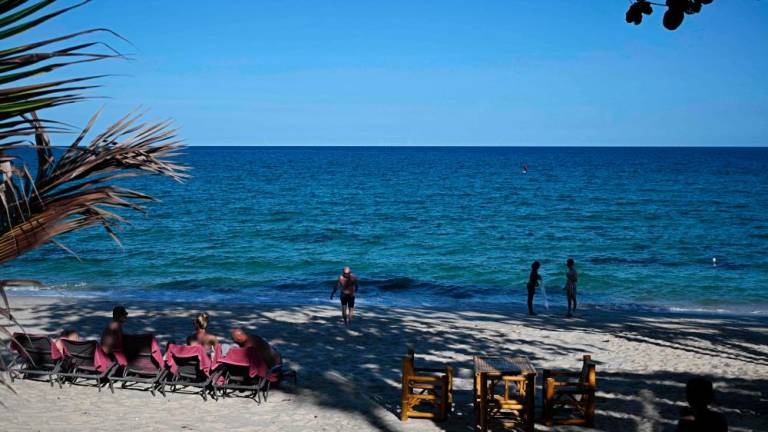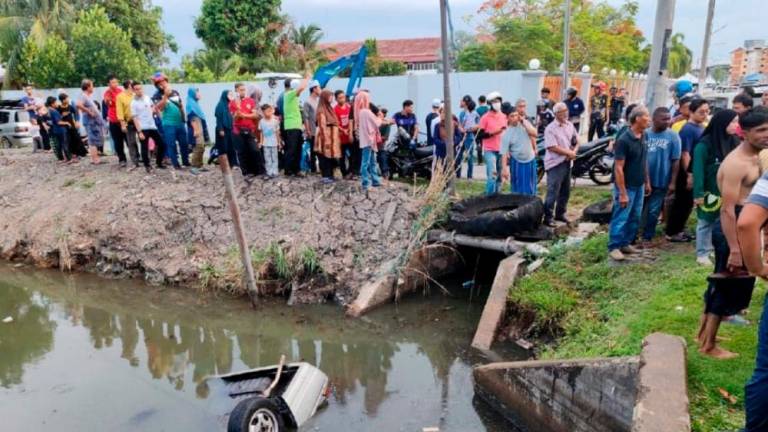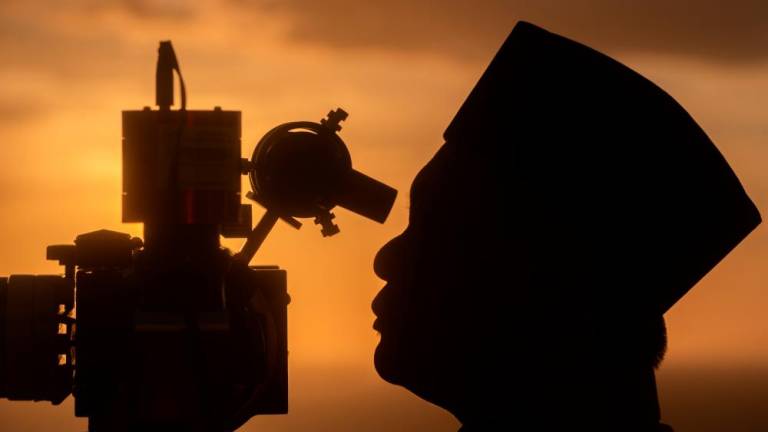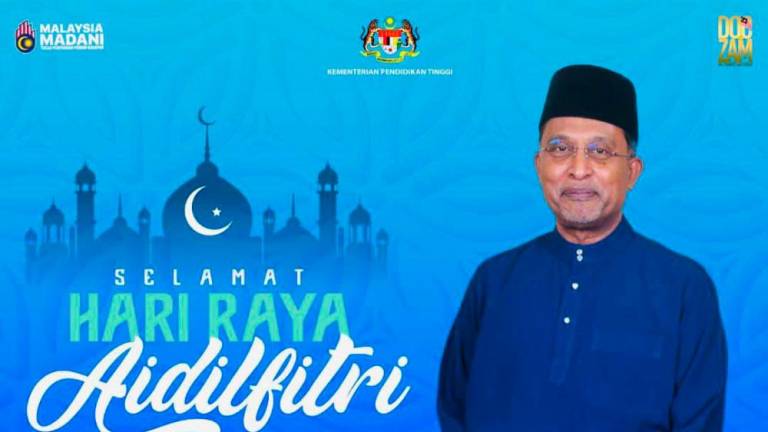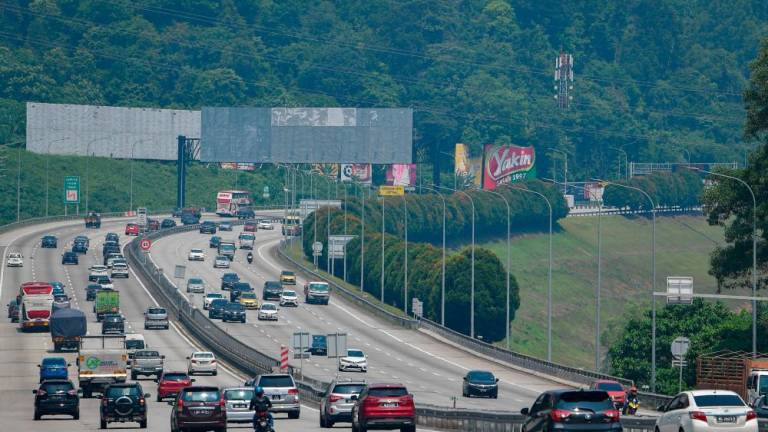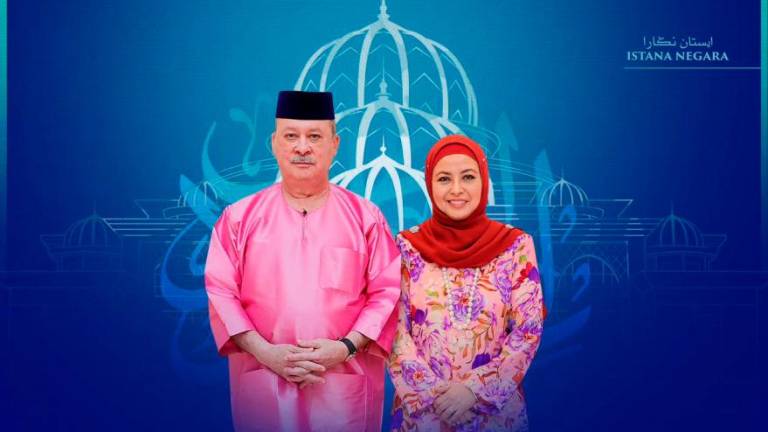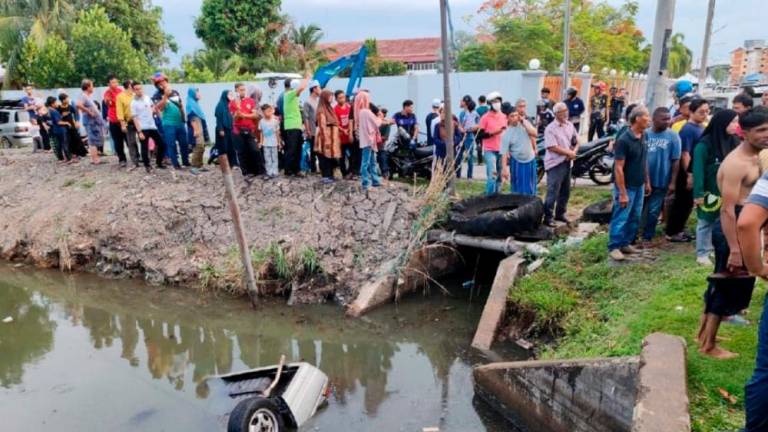KUALA LUMPUR: The police’s Counter Terrorism Branch has nabbed four foreginers and two locals, all men, on suspicion of their involvement with a terrorist group.’
Inspector-General of Police Tan Sri Mohamad Fuzi Harun said they were arrested in operations in Johor, Selangor and Sabah, from Dec 19 to Jan 28.
The foreigners were from Singapore, Bangladesh, the Philippines and an unnamed South Asian country.
Muhammad Fuzi said the first arrest was made on Dec 19 in Johor Baru involving a 48-year-old Singaporean businessman who was closely communicating with Akel Zainal, the Malaysian who joined the Daesh group in Syria.
“This suspect had channelled funds to Akel and recruited several individuals to launch attacks on the Freemason building in Johor Baru,” he said in a statement, here today.
The same day, a 31-year-old Bangladeshi, who works as a cleaner, was arrested in Klang, Selangor. He is believed to be a Daesh sympathiser and was actively conducting recruiting activities to fill the Daesh ranks.
The Filipino, aged 21, was nabbed in Kota Kinabalu, Sabah. The construction worker was an Abu Sayyaf Group (ASG) member and had slipped into the country in March 2018.
“This suspect is a firearms expert and is linked to Furuji Indama (the leader of the ASG) in the southern Philippines,” said Muhammad Fuzi, adding that his arrest brought the number of ASG members nabbed since 2017 to 29 people.
According to Muhammad Fuzi, the two locals, both aged 38, who worked as estate workers in a foreign country, were arrested in Sepang, Selangor.
“They were deported to Malaysia after being detained in that country for their involvement in providing support to Daesh terrorists in Syria. One of them had channelled funds to Khairul Amizan Azmi (a Malaysian who joined Daesh in Syria),” he said.
The latest, he said, on Jan 28, a 26-year-old man from a South Asian country was arrested in Puchong, Selangor for harbouring an individual from the sub-continent for whom Interpol had issued a Red Notice for involvement in terrorist activities and crime.
He added that all the suspects would be investigated under the Security Offences (Special Measures) Act 2012. — Bernama



